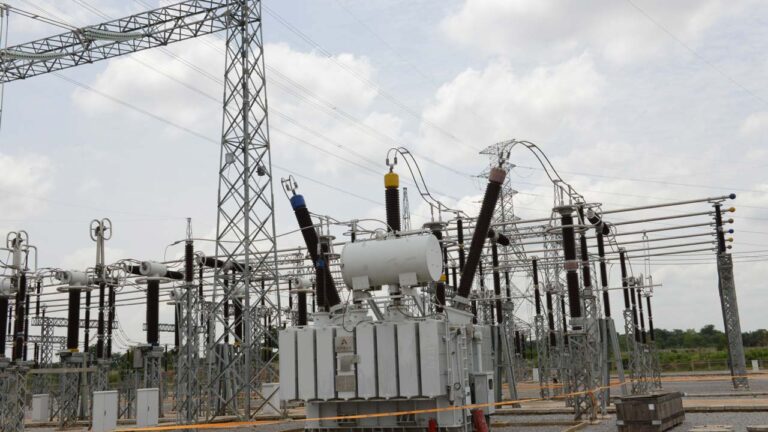Abuja, Nigeria The federal government, under the leadership of President Bola Tinubu, has unveiled plans to launch a bold overhaul of Nigeria’s electricity distribution sector, beginning with a pilot intervention targeting two of the nation’s underperforming Distribution Companies (DisCos).
The initiative, scheduled to kick off between May and August 2025, will focus on one DisCo in the northern region and another in the south, marking a significant shift in the government’s approach to tackling long-standing inefficiencies in power distribution.
Announcing the development, Minister of Power, Adebayo Adelabu, revealed that a comprehensive evaluation had exposed major flaws within the DisCos — including weak governance structures, outdated infrastructure, and poor commercial practices.
“We can’t continue to tolerate the persistent underperformance of DisCos,” Adelabu said after a strategy session with the Japan International Cooperation Agency (JICA). “This pilot reform is not up for debate. Regulatory tools will be deployed, and we will enforce compliance where necessary.”
The session featured the presentation of a roadmap titled “Revamping of the Distribution Sector in Nigeria”, prepared by JICA to guide the planned transformation.
Root Problems, Regulatory Action
The move comes in response to mounting pressure from both the public and the legislative arm of government. Back in November 2024, the House of Representatives, through a motion sponsored by Ayokunle Isiaka of Ogun State, had called for a probe into the poor performance of DisCos. The motion, titled “Need to Address the Activities of Distribution Companies in Nigeria,” led to the formation of a special House Committee on Power, mandated to investigate DisCos and protect the interests of Nigerian consumers.
This renewed push for accountability may also align with recent calls by Minister Adelabu for Nigerians to begin paying cost-reflective electricity tariffs, a demand he argued was necessary to sustain the sector. While it is yet unclear whether the pilot reform is directly tied to that push, the government’s latest action points to a broader effort to address both structural inefficiencies and commercial sustainability.
A New Phase for Power Distribution
The pilot scheme aims to set the standard for future interventions, and if successful, could serve as a model for replicating DisCo reforms nationwide. The government is expected to closely monitor the outcomes of the two pilot cases and determine the best path forward for the remaining electricity distribution zones.
While no specific DisCos have been publicly named yet, the reform plan signals a new era of stronger regulation, improved service delivery, and greater accountability in Nigeria’s troubled power sector.
This strategic shake-up could pave the way for more reliable electricity supply, attract investment, and rebuild public trust in a sector that has long fallen short of expectations.


